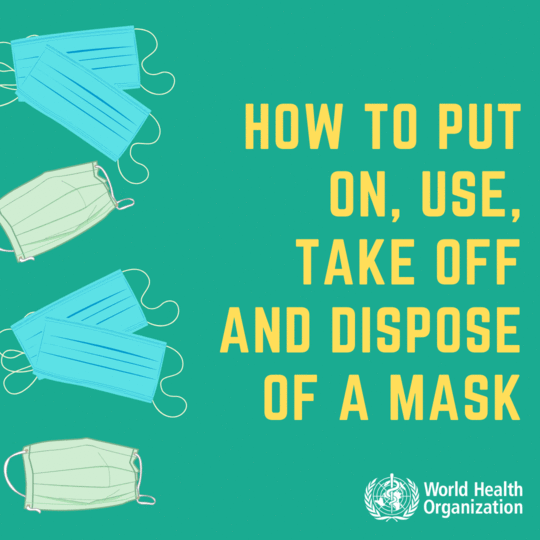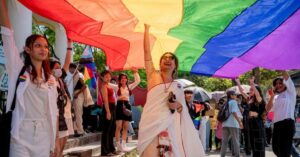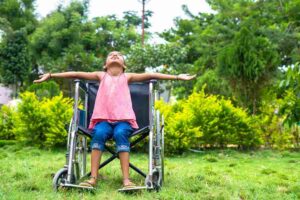Fighting COVID-19: Experts Answer 5 questions We All Have About Wearing Masks
"Most people don't know how to wear an N95 mask properly, as special training and expertise is needed. So, if we don’t wear an N95 mask properly, it may even be harmful.”

Amidst conflicting guidance on the usage of masks, there is ample news of hoarding, piracy, scarcity of protective equipment, including masks. There are also countless DIY videos of making masks from t-shirts and paper towels.
Here are the five questions we must be asking:
1. Why use a mask?
The primary way of transmission of the novel coronavirus is by droplets ejected from an infected person when they sneeze, cough or even speak. Wearing a mask prevents them from spreading the infection to everyone around them.
2. Who should be wearing a mask?
For weeks, authorities, including the World Health Organization, have told the public not to wear a mask unless they were sick or caring for someone with COVID-19. Yet, if you are entering the Mantralaya in Maharashtra, wearing a mask is mandatory.
Recent guidance from the CDC recommends wearing cloth coverings on the face in public settings, where other social distancing measures are difficult to maintain (e.g., grocery stores and pharmacies). The main reason for this is to slow the spread of the virus, especially from those who are asymptomatic but can transmit the virus to others.
3. Which mask to wear?
While home-made cloth masks are being recommended for public protection, regular supplies of medical-grade masks, including surgical and N95 masks, are critical for healthcare workers who are exposed to high concentrations of the virus at the frontline.
“N95 masks should only be worn by trained medical professionals and not the general public,” says Dr Abdul Ghafur, Adjunct Professor and Consultant in infectious diseases at the Apollo Cancer Institute in Chennai.
He explains that there are two important reasons for this. “One, N95 masks are only for aerosol-generating medical procedures. So even healthcare workers don’t routinely wear N95 masks. Two, most of the public doesn’t know how to wear an N95 mask properly, as special training and expertise are needed for wearing an N95 mask. So, if we don’t wear an N95 mask properly, it may even be harmful.”
4. Are home-stitched masks protective enough?
“Cloth masks are useful for asymptomatic (people) and (those who) are not working in healthcare facilities,” said Dr Randeep Guleria, Director of All India Institute Of Medical Sciences in Delhi.
Research has shown that a couple of layers of cotton, like a T-shirt, or layered paper towel, work great. Here’s a detailed description of how to make a mask at home.
5. Is wearing a mask enough?

While wearing a mask protects the wearer and the community, doing so incorrectly or touching the outsides of the mask and then one’s nose or mouth makes it useless. More so, cleaning and disposing the masks inappropriately defeats the whole purpose. So, next time you wear a mask, do remember:
Here are some do’s and don’ts for homemade masks:
- Ensure the mask fits the face snugly, is secured with ties or ear loops, allows for breathing without restriction and includes multiple layers of fabric or paper.
- Wear the mask at the right time i.e. when buying grocery, medicines etc.
- Do not touch the front of the mask and, if you do, wash your hands as soon as possible.
- Remove the mask from the back of your head when taking it off and wash it after each use with hot water.
- Do not place cloth face coverings on children under two-years-old, anyone who has trouble breathing or is unconscious, incapacitated or otherwise unable to remove the mask without assistance.
Also Read: Precautions For Coronavirus: Here’s How You Should Be Washing Your Hands
(Edited by Shruti Singhal)
Like this story? Or have something to share?
Write to us: [email protected]
Connect with us on Facebook and Twitter.
This story made me
- 97
- 121
- 89
- 167
Tell Us More
We bring stories straight from the heart of India, to inspire millions and create a wave of impact. Our positive movement is growing bigger everyday, and we would love for you to join it.
Please contribute whatever you can, every little penny helps our team in bringing you more stories that support dreams and spread hope.



















